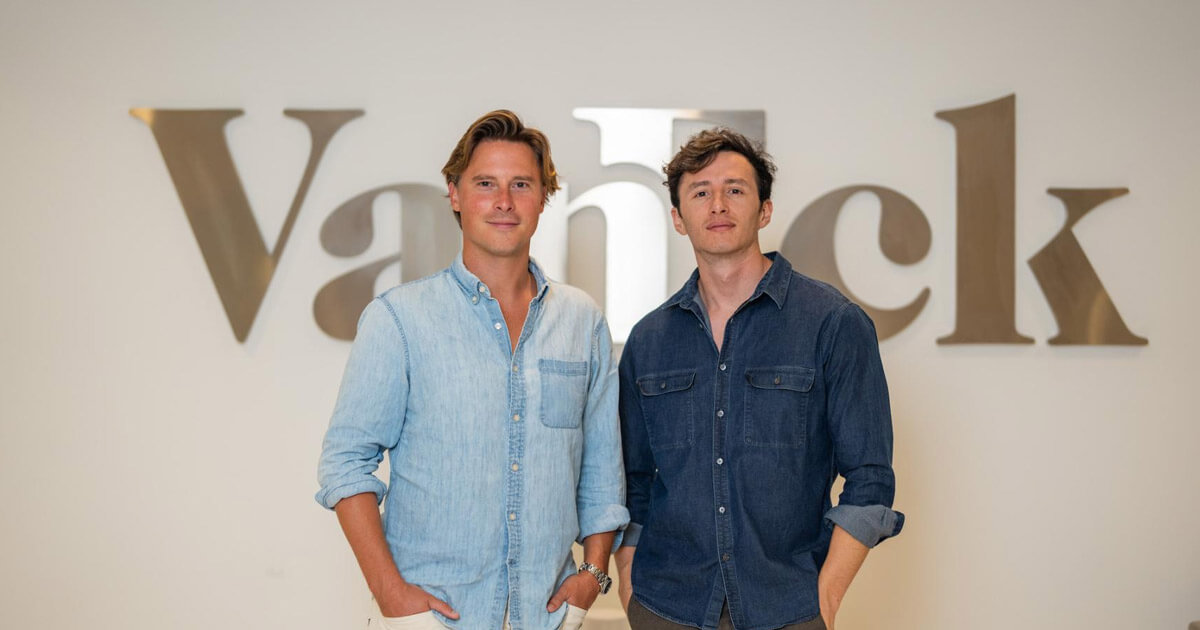In the aftermath of the global upheaval caused by the COVID-19 pandemic, the world’s dependence on digital technology skyrocketed. Yet, not all sectors seamlessly adapted to the digital shift, with human-computer interactions (HCI) in some industries demanding a more personalized touch. In Dubai, startups are at the forefront of a transformative journey, redefining artificial intelligence (AI) to be both more human and unbiased.
The breakthrough comes from Dubai-based software provider GetBEE, claiming to have created a groundbreaking personalized network for brands. This innovation aims to infuse a human touch into online interactions, providing customers with face-to-face guidance and immersive experiences during their virtual shopping endeavors.
Dubai’s pioneering approach to AI in retail
Dubai, known for its resilience, witnessed a remarkable 28% surge in online retail apparel sales, defying the global downturn in the fashion industry throughout 2020. The catalyst behind this surge was the implementation of GetBEE’s platform, enabling nearly 20 brands to establish a more profound connection with customers in the virtual realm.
Chalhoub Middle East, a prominent luxury retail representative in the region, emphasizes the strategic importance of humanizing online platforms during lockdown measures. Aleksandra Harciarek, an omni-channel project manager at Chalhoub Group, highlights how this innovative approach not only ensured survival but also generated results that surpassed expectations, reshaping the landscape of consumer engagement in the digital sphere.
AI and ethical considerations
In our ever-evolving landscape, the symbiosis of artificial intelligence with our daily existence has thrust ethical quandaries into the spotlight, particularly those entwined with biased technological manifestations. Illustrative of this burgeoning concern are historical occurrences like the controversial episode involving Amazon’s AI recruitment engine and the contentious deployment of facial recognition algorithms.
These instances, permeated with implications of partiality, emphatically underscore the imperative nature of infusing ethical deliberations into the fabric of AI development. The prescient goal is to staunchly guard against the insidious encroachment of discrimination and the perpetration of unjust practices within the realm of artificial intelligence.
Datumcon, a forward-thinking Dubai-based company, acknowledges and addresses these ethical concerns head-on. Cesar Andres Lopez, Datumcon’s CEO, emphasizes the critical need to prevent bias in AI by focusing on local values. The company’s approach involves meticulous training of neural networks, incorporating diverse local data tagging to ensure a reflection of the society’s multifaceted characteristics, including class, age, ethnicity, and gender.
Dubai’s path to humanized and unbiased AI
Dubai’s startups are not only revolutionizing the way AI interacts with humans but are also setting a global standard for ethical AI development. The intersection of technology and ethics is a complex yet pivotal battleground, and Dubai’s approach stands as a beacon of responsible AI development. As these innovations reshape the landscape of AI, the question persists: Can the world adopt similar strategies to ensure the ethical evolution of artificial intelligence on a global scale? The journey towards a more personalized, human, and unbiased AI future has just begun.




